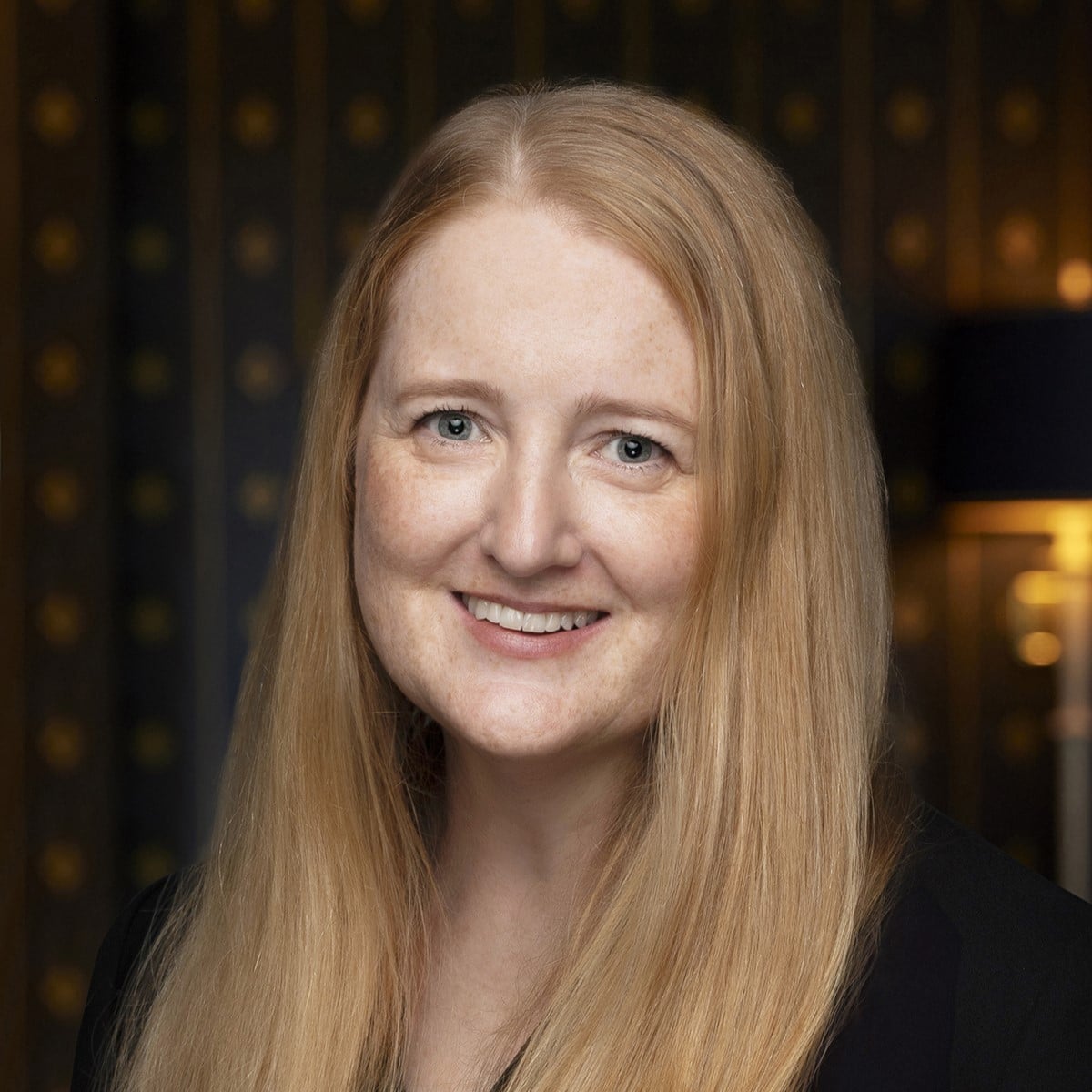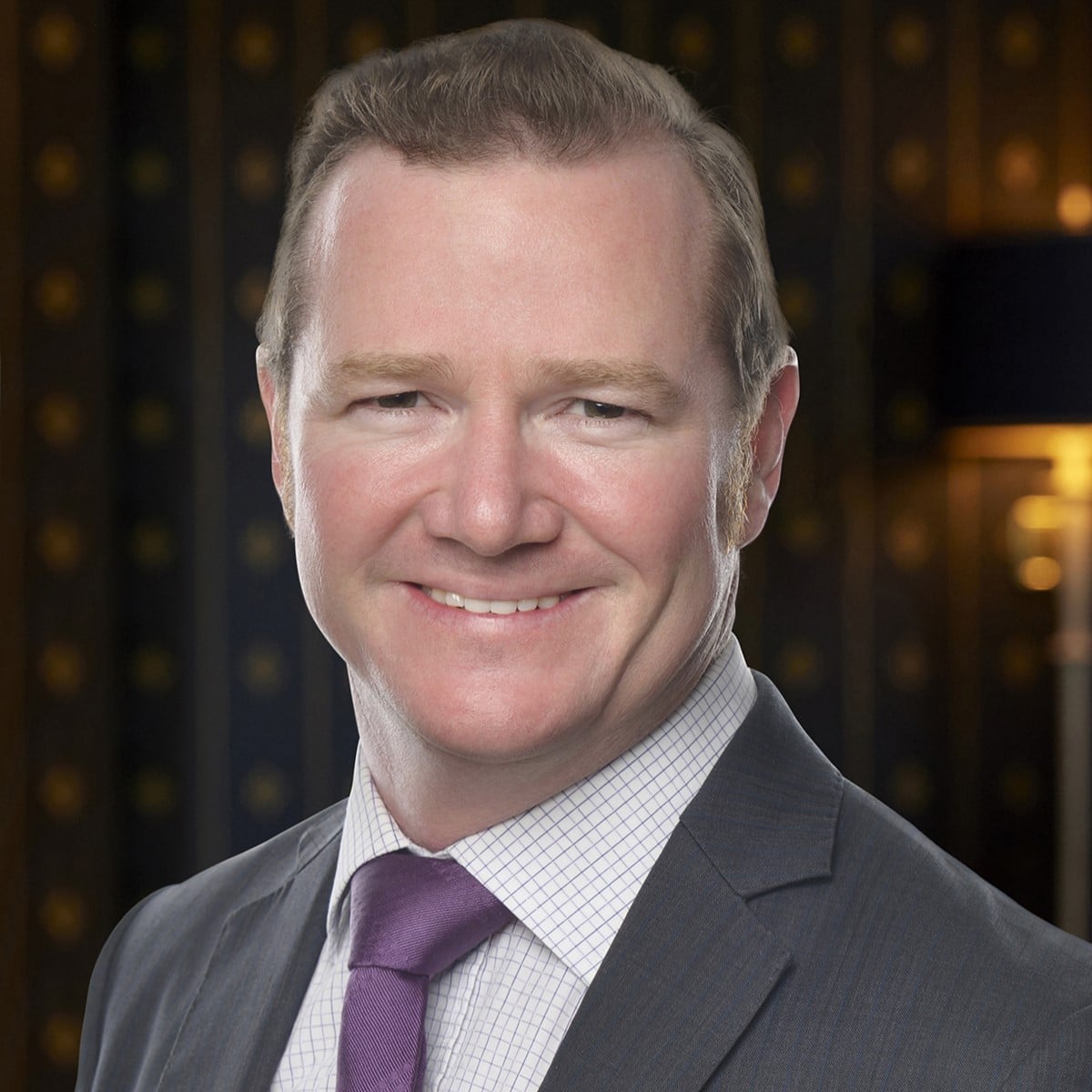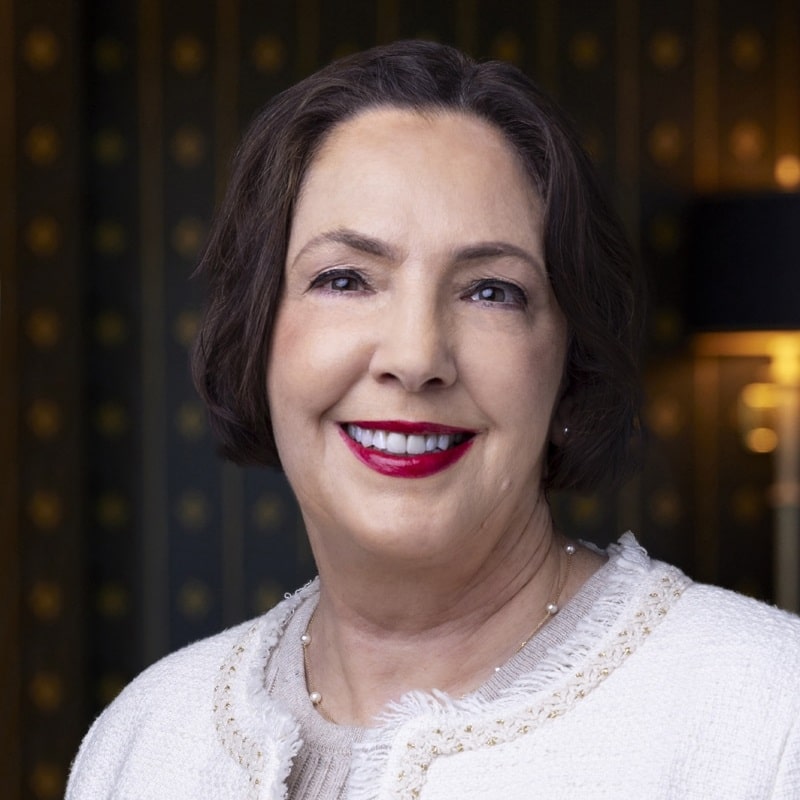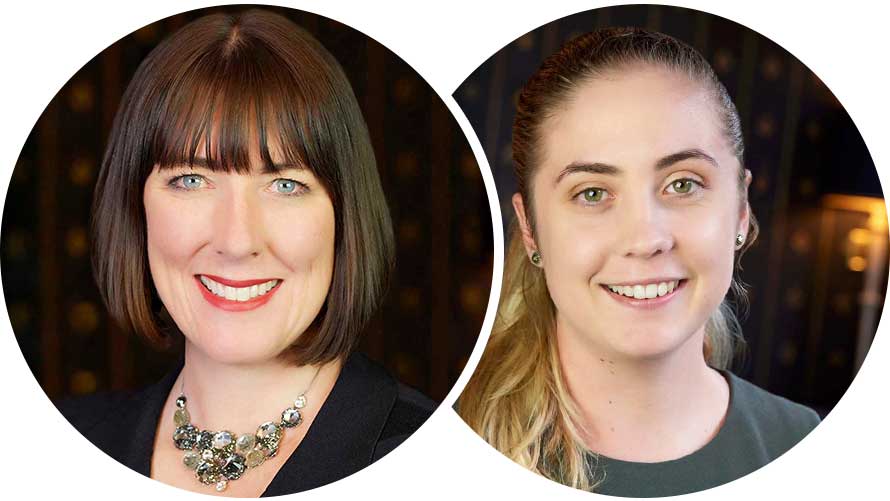Recent developments in Australian law and practice concerning Patent Term Extensions (PTEs) and preliminary injunctions (PIs) will shake up the pharmaceutical market.
Now is the time to register for Pearce IP’s complimentary Masterclass, A Seismic Shift in Pharma Patent Law & Practice in Australia, and hear directly from our experts as they unpack these developments, examine the strategic implications for both originators and market entrants, and outline what this shifting landscape means for pharmaceutical patent strategy in Australia.
Choose your preferred session:
Register now for 4 March: New York 15:00 | Los Angeles 12:00 | London 20:00 and 5 March: Sydney 07:00
Register now for 5 March: London 08:30 | Munich 09:30 | Sydney 19:30
For originators, generics and biosimilar sponsors alike, long-standing strategies relating to likely loss of exclusivity dates and enforcement/launch strategies are being reimagined following recent developments relating to PTEs and preliminary/interlocutory injunctions (PI).
Formulation Patents & PTE:
- Formulation patents have been routinely extended for up to 5 years for pharma products since the early 2000s.
- Most on-patent pharma products have formulation patents, and most of those are extended.
- The Full Court’s decision in Otsuka in December 2025 confirmed that the patent office practice and a handful of first instance decisions in the Federal Court were wrong, rendering a myriad of formulation patent PTEs invalid.
- If the formulation patent was a barrier to generic/biosimilar launch, then this barrier has now been removed by the Full Court during the extended period.
- The High Court may grant Otsuka’s request for special leave to appeal, but more likely it will not. Even if special leave is granted, it will not be until (at least) the end of 2026 (and perhaps 2027) that the High Court decides the matter.
- In the meantime, extended formulation patents are dead during the (now invalid) PTE.
Preliminary Injunctions:
- No PI was granted between the Roche PI against Sandoz on Rituximab in June 2018 and the Paliperidone PI against Juno (Arrotex) by Janssen granted in December 2025.
- In the interim were rejections by the Court on applications for PI:
- in 2021: By Biogen against Pharmacor on DMF (PTE likely invalid)
- in 2025: By Regeneron/Bayer against Sandoz on Aflibercept (on non infringement grounds)
- Since the Juno decision, AZ’s application for PI against Pharmacor succeeded on Dapagliflozin
- We also see a trend away from seeking PI. (please do not quote me on this, but feel free to raise it in your note: I think this is due to patentee concerns about exposure to the commonwealth on damages)
- What is clear is that in the right case, PI can be avoided. We would never have said this 5 years ago!
These 2 developments together result in the “perfect storm” which will dramatically change the IP strategies deployed by pharma companies in Australia, and for many INNs, will induce the “loss of exclusivity” date by many years. Pearce IP will explore these issues in a complimentary Masterclass, including practical insights on the evolving litigation landscape and strategic commentary on the prosecution implications for patentees seeking to safeguard and future-proof their portfolios in Australia.
Register for Pearce IP’s complimentary Masterclass, A Seismic Shift in Pharma Patent Law & Practice in Australia, and hear directly from our experts.
Choose your preferred session:
Register now for 4 March: New York 15:00 | Los Angeles 12:00 | London 20:00 and 5 March: Sydney 07:00
Register now for 5 March: London 08:30 | Munich 09:30 | Sydney 19:30

About Pearce IP
Pearce IP is a specialist, life-sciences focussed, intellectual property/law firm offering lawyers and attorneys in Australia and New Zealand.
In 2025, Pearce IP was honoured by Australasian Lawyer and New Zealand Lawyer as a Top Specialist Firm, 5 Star Employer of Choice, and the “Standout Winner” for Inclusion and Culture (<100 employees). Pearce IP and its leaders are ranked in every notable legal directory including: Chambers & Partners, Legal 500, IAM Patent 1000, IAM Strategy 300, MIP IP Stars, Doyles Guide, WTR 1000, Best Lawyers, WIPR Leaders, Best Law Firms, among others.
Pearce IP is the only leading IP firm in Australia and New Zealand with a female founder, and is certified by WEConnect International as women owned.

Naomi Pearce
CEO, Executive Lawyer (AU, NZ), Patent Attorney (AU, NZ) & Trade Mark Attorney (AU)
Naomi is the founder of Pearce IP, and is one of Australia’s leading IP practitioners. Naomi is a market leading, strategic, commercially astute, patent lawyer, patent attorney and trade mark attorney, with over 25 years’ experience, and a background in molecular biology/biochemistry. Ranked in virtually every notable legal directory, highly regarded by peers and clients, with a background in molecular biology, Naomi is renowned for her successful and elegant IP/legal strategies.
Among other awards, Naomi is ranked in Chambers, IAM Patent 1000, IAM Strategy 300, is a MIP “Patent Star”, and is recognised as a WIPR Leader for patents and trade marks. Naomi is the 2023 Lawyers Weekly “IP Partner of the Year”, the Lexology Client Choice Award recipient in 2022 and 2026, the 2022 Asia Pacific Women in Business Law “Patent Lawyer of the Year” and the 2024 Lawyers Weekly Women in Law “Executive of the Year”. Naomi is the founder of Pearce IP, which commenced in 2017 and won 2021 “IP Team of the Year” at the Australian Law Awards.






